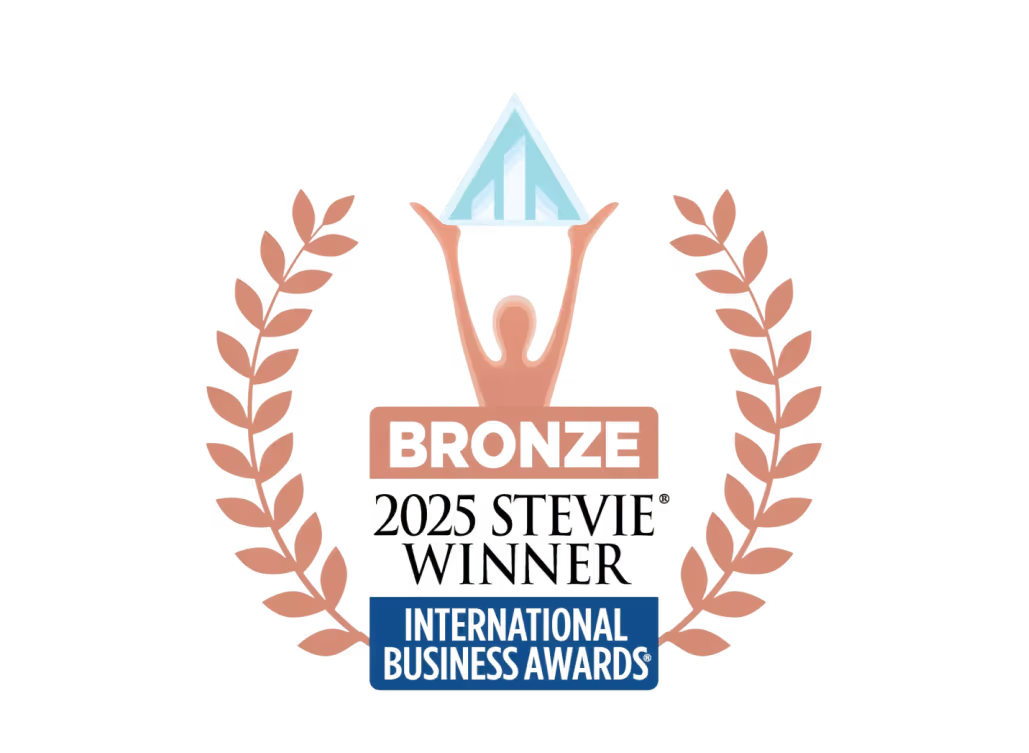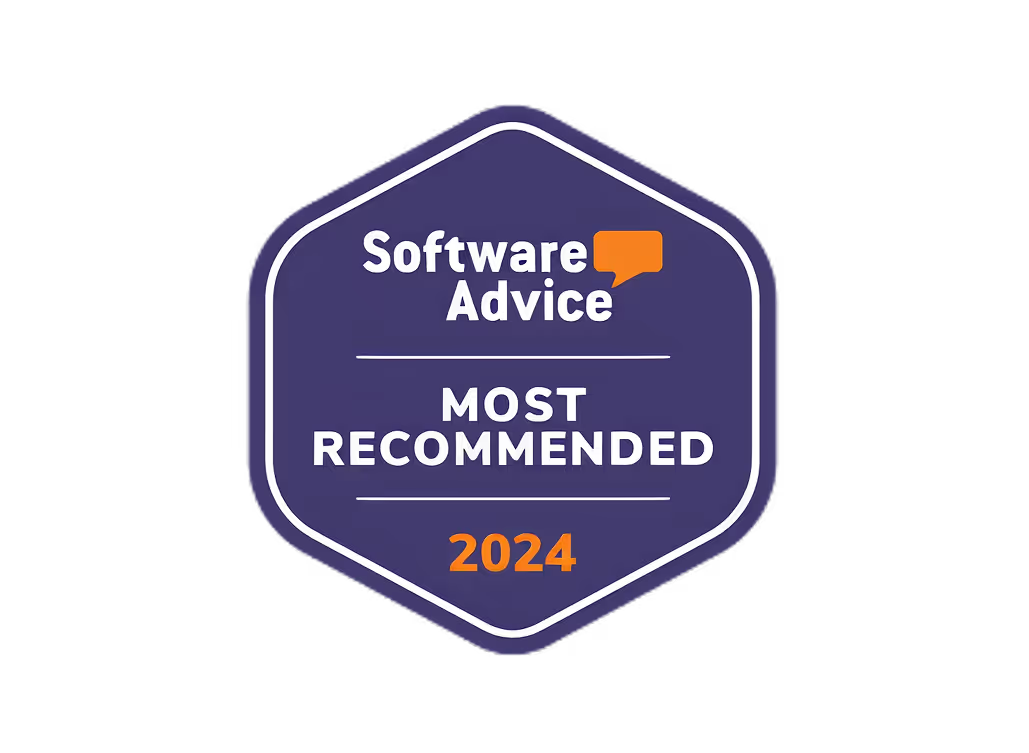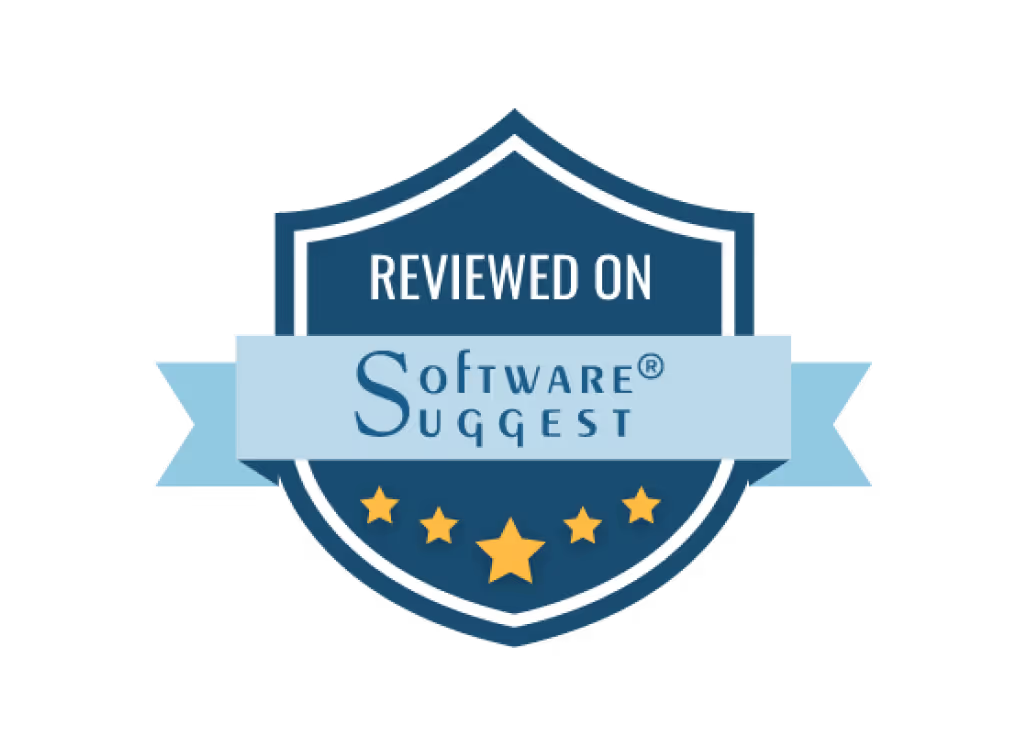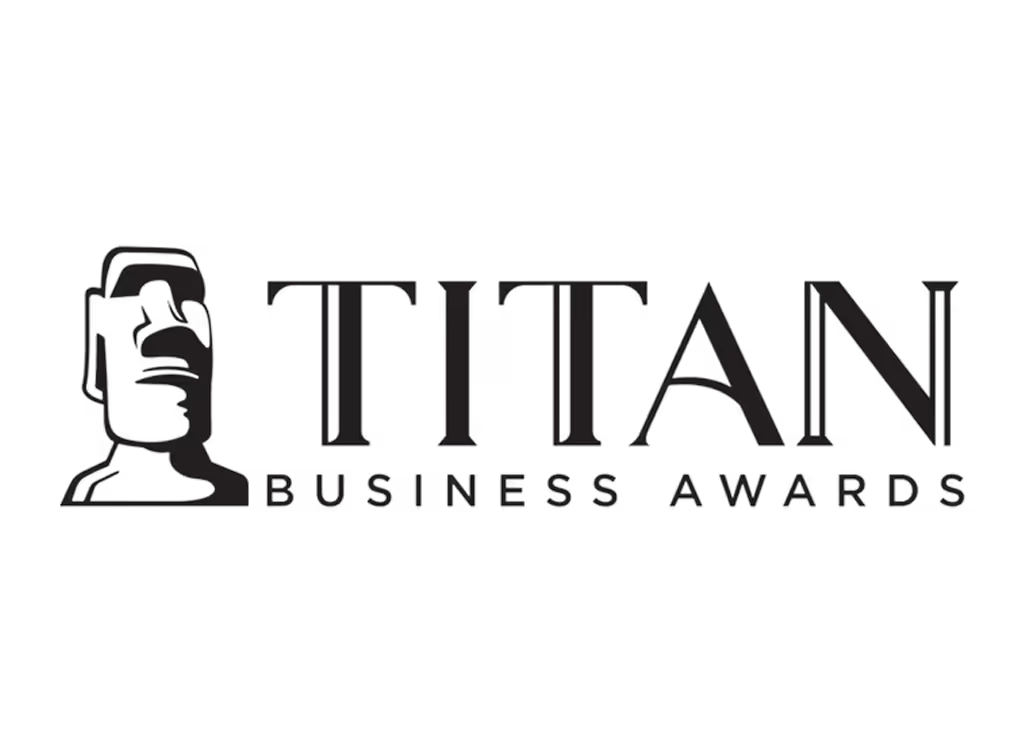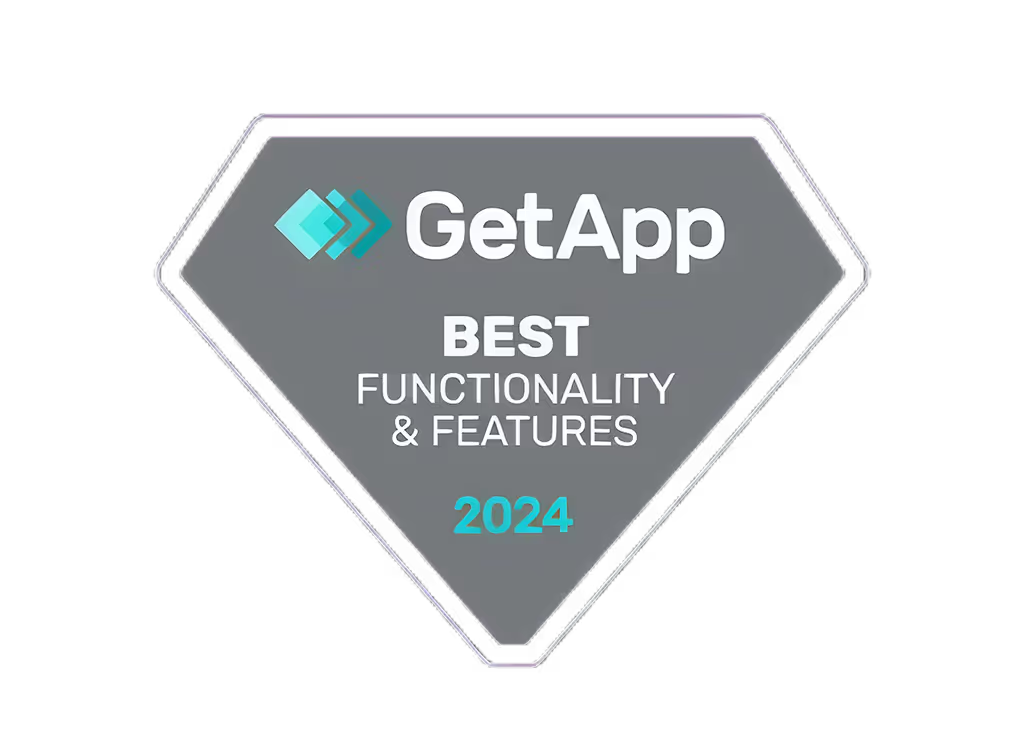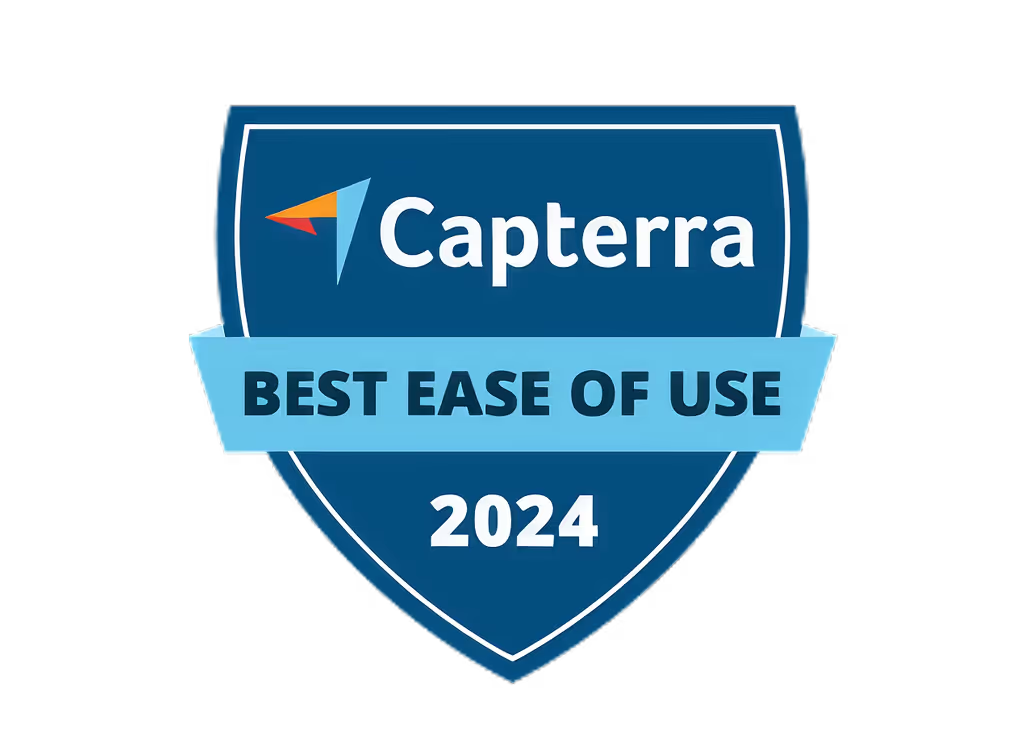Music Licensing for Marketing Videos: Guide

Using copyrighted music in marketing videos without a license can lead to legal issues like fines and video removals. To avoid this, you need to obtain the proper music licenses. This guide covers:
- Understanding Music Licensing
- What it is and different license types (sync, master, public performance, mechanical, print)
- Rights granted by each license
- Assessing Your Licensing Needs
- Consider intended use (commercial or non-commercial)
- Distribution channels (YouTube, social media, website)
- Budget for licensing costs
- Finding Licensed Music
- Sources: public domain, Creative Commons, royalty-free libraries, direct licensing
- Comparison of popular royalty-free music libraries
LibraryPricingLicense TermsNeoSounds$34.95 - $149.95Standard, extended licensePremium Beat$49 - $199Standard, premium licenseArtlist$9.99 - $16.59/monthStandard, extended licenseMusic Bed$110 - $199/monthCustom licensesVideoHelperCustom pricingCustom licenses
- Getting a Music License
- Step-by-step guide: identify rights holders, submit request, negotiate terms, finalize agreement
- Comparison of licensing platforms
- Following License Terms
- Importance of following terms to avoid legal problems
- Proper attribution guidelines
- Consequences of non-compliance: legal action, reputation damage, license revocation, financial penalties
- Best Practices
- Budget for licensing
- Maintain documentation
- Stay updated on laws
- Build positive relationships with rights holders
Related video from YouTube
Understanding Music Licensing
Music licensing is getting permission to use copyrighted music in media like marketing videos. It ensures that the music creator gets paid for their work.
What is Music Licensing?
Music licensing lets artists, composers, and producers earn money from their music. It allows others to use their music in media like films, TV shows, ads, and video games.
License Types
There are several types of music licenses, each with specific permissions:
License TypeDescriptionSynchronization (Sync)Use a song in a video format, like a movie, TV show, or commercial.MasterUse the original recording of a song, often for sampling or remixing.Public PerformancePlay copyrighted music in public places, like restaurants or retail stores.MechanicalReproduce and distribute physical copies of a song, like CDs or vinyl.PrintPrint or reproduce sheet music for a copyrighted song.
Rights Granted by Each License
Each license grants specific rights:
License TypeRights GrantedSync LicenseSynchronize music with visual media, like video or film.Master LicenseUse the original recording of a song, often for sampling or remixing.Public Performance LicensePlay copyrighted music in public places, like restaurants or retail stores.Mechanical LicenseReproduce and distribute physical copies of a song, like CDs or vinyl.Print LicensePrint or reproduce sheet music for a copyrighted song.
Understanding these licenses ensures that music creators get paid and users can legally use music in their marketing videos.
Assessing Your Licensing Needs
When it comes to music licensing for marketing videos, understanding your specific needs is crucial. This involves considering the intended use, distribution channels, and budgeting for licensing.
Intended Use
Before selecting a music license, determine the intended use of your marketing video. Is it for commercial or non-commercial purposes? Commercial use typically involves promoting a product, service, or brand, while non-commercial use may include educational, personal, or charitable purposes. Knowing the intended use will help you choose the appropriate license type and avoid legal issues.
Distribution Channels
The platforms and channels you plan to use for distribution also impact licensing requirements. For instance:
Distribution ChannelLicensing RequirementsYouTubeYouTube's terms of service require a sync license for commercial use.Social MediaFacebook, Instagram, and Twitter have varying music policies, but generally require a sync license for commercial use.Website or BlogA sync license may be required, depending on the website's purpose and audience.
Budgeting for Licensing
Evaluating your project budget is essential for music licensing. Consider the following factors:
- The type of license required (sync, master, mechanical, etc.)
- The duration of the license
- The territory or region of distribution
- The popularity and demand of the music
Budgeting for licensing costs can range from a few hundred to several thousand dollars, depending on the scope of your project. Be prepared to allocate a portion of your budget for music licensing to ensure legal and compliant use of copyrighted music.
Finding Licensed Music
Finding the right music for your marketing video can be challenging, especially when ensuring you have the necessary licenses. In this section, we'll look at different sources for legally obtaining music, including public domain, Creative Commons, royalty-free libraries, and direct licensing.
Public Domain Music
Public domain music includes compositions whose copyrights have expired, making them free to use. However, copyright laws vary by country, so what is public domain in one country may still be under copyright in another. Using public domain music can be cost-effective, but the selection may be limited, and the quality may not match modern standards.
Creative Commons Music

Creative Commons (CC) licenses allow you to use copyrighted music while respecting the creators' rights. There are several types of CC licenses, each with its own restrictions:
LicenseRestrictionsCC0No restrictions, public domain dedicationCC BYAttribution requiredCC BY-SAAttribution and share-alike requiredCC BY-NDAttribution, no derivatives allowedCC BY-NCAttribution, non-commercial use onlyCC BY-NC-SAAttribution, non-commercial use, share-alike requiredCC BY-NC-NDAttribution, non-commercial use, no derivatives allowed
When using CC music, read and understand the license terms to ensure compliance.
Royalty-Free Music Libraries
Royalty-free music libraries offer a convenient way to access a wide range of music tracks without negotiating individual licenses. Here's a comparison of popular royalty-free music libraries:
LibraryPricingLicense TermsNeoSounds$34.95 - $149.95Standard license, extended license availablePremium Beat$49 - $199Standard license, premium license availableArtlist$9.99 - $16.59/monthStandard license, extended license availableMusic Bed$110 - $199/monthCustom licenses based on usageVideoHelperCustom pricingCustom licenses based on usage
When choosing a royalty-free music library, consider the pricing, license terms, and the quality of the music tracks.
Licensing from Artists/Composers
Directly licensing music from artists or composers can provide unique and high-quality tracks for your marketing video. This approach allows you to negotiate a custom license that fits your needs. However, it may require more time and effort to find the right artist or composer, and the costs can vary widely depending on the agreement.
sbb-itb-606b7a1
Getting a Music License
Getting a music license is important for legally using copyrighted music in your marketing videos. Follow this step-by-step guide to acquire a music license, including identifying rights holders, submitting requests, and finalizing agreements.
Step-by-Step Guide
- Identify the rights holders: Find out who owns the rights to the music. This could be the composer, publisher, or record label.
- Submit a request: Contact the rights holder and explain how you plan to use their music. Include details about your project, such as the type of video, distribution channels, and intended audience.
- Negotiate terms: Discuss and agree on the terms of the license, including the scope of use, duration, and fees.
- Finalize the agreement: Once the terms are agreed upon, draft and sign a synchronization license agreement that outlines the terms of the license.
Licensing Platform Comparison
Here's a comparison of popular music licensing platforms:
PlatformPricingLicense TermsMusicbed$110 - $199/monthCustom licenses based on usageArtlist$9.99 - $16.59/monthStandard license, extended availablePremium Beat$49 - $199Standard license, premium availableAudioJungle$1 - $100Standard license, extended availableMarmosetCustom pricingCustom licenses based on usage
When choosing a music licensing platform, consider the pricing, license terms, and the quality of the music tracks. Ensure that the platform offers the type of license you need for your project.
Following License Terms
Importance of Following Terms
When you get a music license, it's important to follow the terms and conditions. Not doing so can lead to legal problems, hurt your reputation, and damage relationships with rights holders. Following the terms shows respect for the creators and ensures you're using their music legally.
Proper Attribution Guidelines
Proper attribution is key. Here are some tips:
- Credit the music creator(s) as required by the license.
- Clearly describe how you're using the music.
- Include the license type and any permissions or restrictions.
- Make sure your attribution is easy to find and see.
Consequences of Non-Compliance
If you don't follow the license terms, you might face:
ConsequenceDescriptionLegal actionRights holders can sue for copyright infringement, leading to fines and legal fees.Reputation damageNon-compliance can hurt your reputation and make future collaborations difficult.License revocationThe rights holder may revoke your license, forcing you to remove the music.Financial penaltiesYou may have to pay damages or royalties for unauthorized use.
Best Practices
Budgeting for Licensing
Planning your budget for music licensing is important. Allocate enough funds for the rights you need. Here are some tips:
- Determine the scope of your project and the type of music needed
- Research the costs of different licensing options
- Set aside a contingency fund for unexpected expenses
- Negotiate with rights holders to get the best deal possible
A general guideline is to set aside 10-15% of your overall project budget for music clearances. This can vary depending on your project's needs.
Maintaining Documentation
Keep accurate records of all licensing agreements and transactions to ensure compliance and avoid legal issues. Document the following:
DocumentationDetailsLicense agreements and contractsKeep copies of all signed agreementsPayment records and invoicesTrack all payments made for licensesCommunication with rights holdersSave emails and notes from callsDetails of the music usedInclude title, artist, and duration
Having organized records helps you stay on top of your obligations and avoid problems.
Staying Updated on Laws
Music licensing laws change often. Stay informed by:
- Following industry news and updates
- Attending workshops and conferences
- Consulting with legal experts
This helps you stay compliant with any new regulations.
Building Positive Relationships
Good relationships with rights holders and licensing agencies can help you get better deals and avoid legal issues. Focus on:
- Communicating clearly and transparently
- Being respectful and professional
- Showing appreciation for the creators' work
- Being open to negotiation and collaboration
Building positive relationships can make future licensing easier and more beneficial.
Conclusion
Music licensing is key for making marketing videos. By understanding its importance, assessing your needs, finding the right music, and following license terms, you can ensure your videos are legal and engaging.
In short, music licensing for marketing videos requires careful planning and attention to detail. By following the guidelines and best practices in this guide, you can create high-quality marketing videos that connect with your audience and drive business results.
FAQs
Can I use music for a promotional video?
Yes, you can use music in promotional videos if you have permission from the rights holders. Typically, the publisher and the record label hold these rights. You will need to get a synchronization (sync) license from the publisher or composer.









